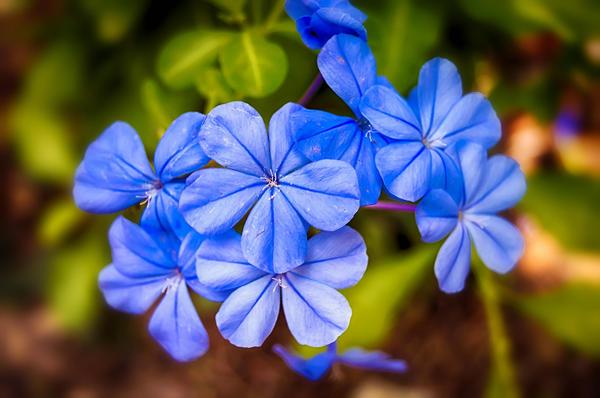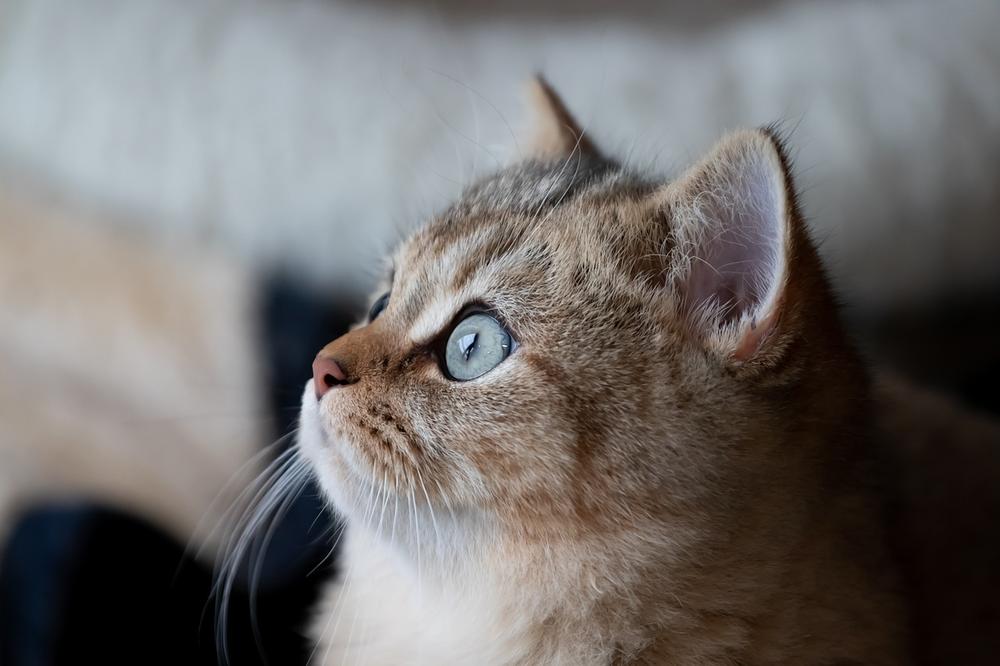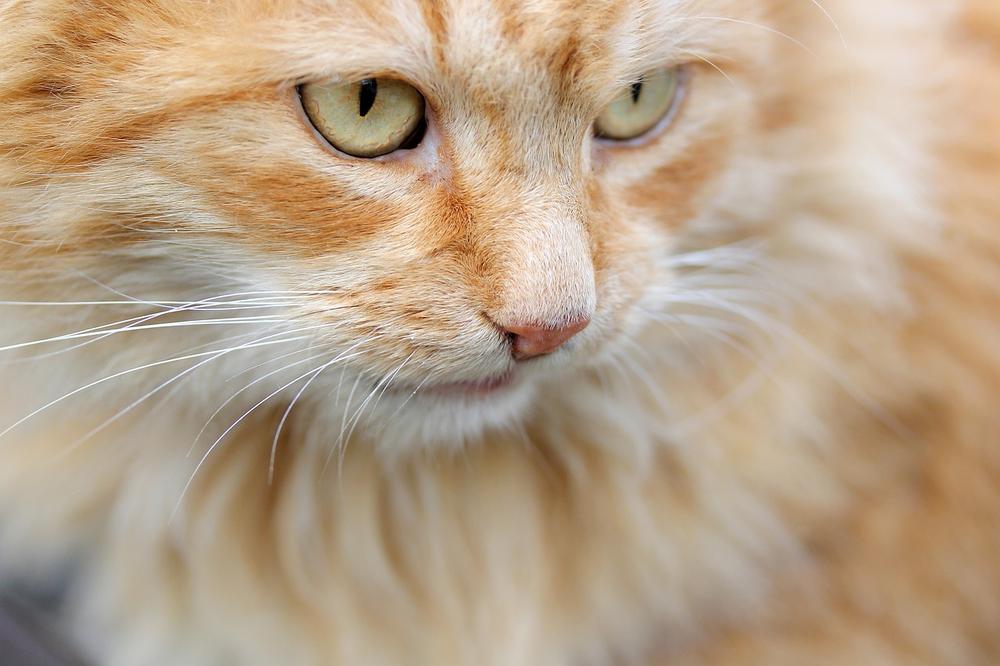Is Jasmine Toxic to Cats?

Concerned about potential harm to your precious feline friend?
Wondering if that lovely blooming jasmine could be secretly plotting against your furry companion?
Hold your whiskers, and let's unravel the truth together 💭.
Ready to embark on this cat-safe journey?
Let's dive in.
Jasmine Toxicity for Cats
Jasmine can be toxic to cats, so it’s vital to be aware of the potential dangers:
- Essential oils, like jasmine oil, can disrupt a cat's body chemistry and cause harm.
- Ingesting jasmine essential oil can lead to severe consequences for cats and humans alike, such as difficulty breathing, paralysis, vision impairment, muscle weakness - and in some cases, even fatality.
- Cats with sensitive stomachs may experience gastrointestinal issues after consuming jasmine. Even a single flower can be fatal.
- Symptoms cats may exhibit after consuming jasmine include paralysis, decreased respiration, weakness, swallowing difficulties, vision problems, and even seizures or death.
- Cats can also be allergic to jasmine, which can result in various reactions including skin irritation, watery eyes, itching, runny nose, sneezing, excessive scratching, and licking.
- It's worth noting that jessamine berries are often mistaken for jasmine and are highly toxic to cats due to the presence of neurotoxins. Consumption of jessamine can lead to muscle weakness, decreased respiratory rate, hypothermia, seizure - and in extreme cases, death.
As responsible cat owners, always ensure to keep jasmine and jessamine plants away from your furry companions to ensure their safety. 😺

And if you've been wondering about other cat-friendly plants for your indoor garden, you're in luck! I've written a helpful guide to help you determine if maidenhair ferns are toxic to cats and find suitable non-toxic alternatives.
You can check it out here: Are Maidenhair Ferns Toxic to Cats.
Types of Jasmine
True jasmine, confederate/star jasmine, and jessamine are the main types of jasmine I'll cover.
Confederate jasmine, also known as star jasmine, is the one for you if you have furry pals like cats, dogs, or horses.
It's a top choice among houseplant enthusiasts and garden lovers alike.
In the US and Europe, Jasminum polyanthum is a well-known variety.
With the right care, this type of jasmine can flourish in different environments.
So whether you want to bring some natural beauty indoors or add charm to your outdoor space, confederate jasmine has got you covered.
So while we've been exploring the different types of jasmine, it's important to keep in mind our furry companions.
If you're a pet owner, like me, you may be wondering about the potential toxicity of certain plants.
That's why I've written a useful blog post on whether alocasia is toxic to cats.
If you're curious about the symptoms, treatment, and prevention methods, I highly recommend checking out my article, Is Alocasia Toxic to Cats.
Stay informed and keep your pets safe.
Jasmine Safe for Dogs?
Jasmine is generally safe for dogs, although limited information is available. However, you have to note that cats have more sensitivity to jasmine. If using jasmine oil on cats, do so sparingly and with caution, as they absorb it quickly.
Alright, listen up cat owners, because I'm about to give you the lowdown on whether jasmine is toxic for your furry friends.
So buckle up and pay attention.
When it comes to dogs and jasmine, we don't have all the details.
The information is limited, my friend.
But here's what we do know.
In general, jasmine is considered pretty safe for our four-legged pals.
That's good news, right?
Now, cats and jasmine...that's a slightly different story.
Hold on to your hats, folks.
There are two ways you can use jasmine essential oil with your feline companions:
Topically or through aromatherapy. But before you jump into it headfirst...
You need to be aware that cats have sensitive skin.
And let me tell you, they absorb that oil like nobody's business.
It's lightning fast, I tell ya!
So if you're dead set on applying jasmine oil to your cat, take it easy.

Use it sparingly, my friend.
And don't forget to dilute or diffuse it.
Safety first, always!
But hang on, I've got more for you.
If you're feeling unsure about using essential oils with your cat, maybe consider artificial fragrances or air fresheners instead. They're usually less of a risk compared to those essential oils.
At the end of the day, it all boils down to your kitty's preference. You see, some cats might love the smell of jasmine oil and respond well to it.
Others might not give a whisker about it.
Cats, am I right?
My advice?
Take things slow and steady.
Introduce jasmine oil to your feline friend gradually. Watch out for any allergies or reactions along the way.
Better safe than sorry, I always say.
Alright, now you can go, cat owners!
Armed with this knowledge, go forth and make informed decisions about jasmine and your precious furballs.
Good luck!
And now, let me shed some light on what you should do if your precious feline happens to ingest jasmine or any other poisonous plant...
What to Do if Your Cat Ingests a Poisonous Plant
Watch for Symptoms if Your Cat Ingests a Poisonous Plant
Uh-oh. Looks like your curious cat got into something it shouldn't.
If you think your cat may have eaten jasmine or another toxic plant, keep a close eye on them.
Look out for signs of trouble like tiredness, throwing up, or having diarrhea.
If you see any of these symptoms, don't wait - take action right away!
Is Jasmine Essential Oil Hazardous for Cats?
You know how cats can get themselves into weird situations, right?
Well, one situation you definitely don't want your furry friend to find itself in is after eating jasmine essential oil.
If your cat eats jasmine essential oil or shows any signs of being affected by it, ensure you go to the vet immediately. Don't try to handle this situation on your own - let the professionals take care of your beloved pet.
Allergic Reaction to Plants: What You Can Do
Okay, so you think your favorite feline might be having an allergic reaction because of a poisonous plant.
Now what?
The best thing you can do in this situation is consult your vet.
They will give you advice on what steps to take to keep your cat healthy.
Alternatively, if the symptoms are mild, you can give your cat a gentle bath using hypoallergenic shampoo to help relieve any discomfort.
When it comes to your pet's health, it's always better to be cautious and ask for professional help.
And before we finish this section, let me remind you that there are many common houseplants that are toxic to cats.
So, keep a close watch and keep those plants out of reach from your fur-baby!
Minimizing Risks: Keeping Your Cats Safe From Jasmine Plants
Remember these tips when it comes to jasmine plants and your cats:
- Keep jasmine plants up high or in hanging baskets so your curious cats can't get to them.
- Look for pet-friendly plants that won't harm your cats if they decide to nibble. Give them their own safe toys to play with to keep them from being too interested in toxic plants.
- Teach your cats to steer clear of jasmine plants by rewarding good behavior and redirecting their attention to toys or scratching posts.
- Watch your cats closely when they're near jasmine plants. If you see any signs of eating the plant or getting sick, call your vet right away.
- Regularly check around the jasmine plants for any poisonous leaves or parts that might have fallen. Remove them quickly to reduce the risk of accidental ingestion.
By adhering to these procedures, you can ensure the well-being and satisfaction of your feline companions while also creating a stress-free atmosphere for yourself.
Wrap-up
Key takeaways:
- Essential oils, including jasmine oil, can be harmful to cats.
- Ingesting jasmine essential oil can have severe health complications for cats and humans.
- Jasmine consumption can cause gastrointestinal issues and even be fatal for cats.
- Cats can be allergic to jasmine, resulting in various symptoms.
- Jessamine, often mistaken for jasmine, is highly toxic to cats.
- Confederate jasmine is a safe choice for pets like cats, dogs, and horses.
- Proper care can help jasmine plants thrive in gardens.
- There are two ways to use jasmine essential oil on cats: topically and through aromatherapy.
- Use essential oils sparingly and in diluted form to protect your cat's environment.
- Seek immediate veterinary attention if your cat ingests jasmine essential oil or shows symptoms.
- Be aware of common houseplants that are toxic to cats.
- Join the Facebook community for more information or questions about cats.
- Be cautious with plant selection and regularly check for cat food recalls.
- Keep your cats away from jasmine plants to prevent accidental ingestion.
And that wraps up today's article.
If you wish to read more of my useful articles, I recommend you check out some of these: Cat Losing Hair, Are Asparagus Ferns Toxic to Cats, Are Peonies Poisonous to Cats, Can You Give Cats Human Antibiotics, and Are Daffodils Poisonous to Cats
Talk soon,
-Sarah Davis